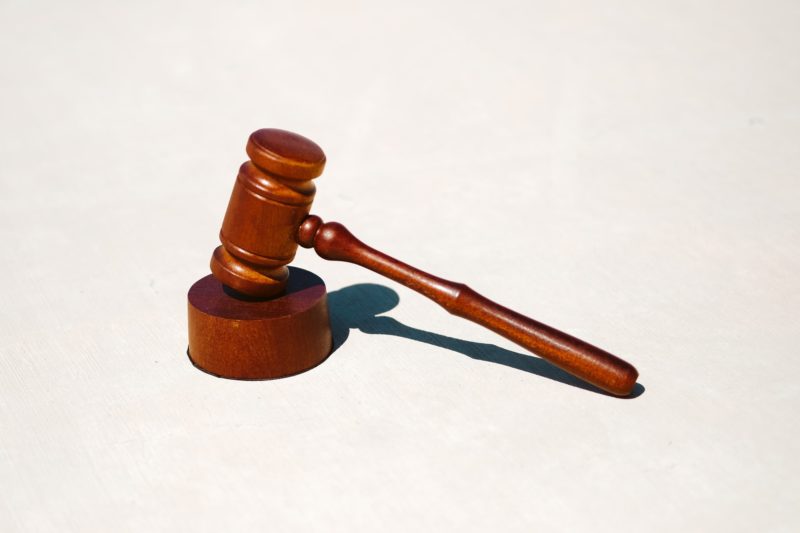Quick take:
- The claim was filed by Fabrizio D’Aloia, an Italian engineer and founder of online gambling joint-stock company, Microgame.
- The permission to serve proceedings via NFT is an example of a court embracing new technology.
- The NFT proceedings were airdropped into the two wallets D’Aloia initially deposited his cryptocurrency.
The High Court of England and Wales has granted an order permitting the service of legal documents via NFT for the first time, according to court documents made public by Giambrone & Partners LLP on Tuesday.
The case was filed by Fabrizio D’Aloia, an Italian engineer and founder of online gambling joint-stock company, Microgame. D’Aloia is suing five cryptocurrency exchanges, Binance, Poloniex, gate.io, OKX (formerly OKEx) and Bitkub for his cryptocurrency being misappropriated by scammers “operating a fraudulent clone online brokerage encouraging would-be investors to deposit cryptocurrency into two wallets so that ‘trades’ could be placed with it.”
The permission to serve proceedings via NFT is an example of a British court embracing new technology, and the NFTs of legal documents were airdropped into the two wallets where D’Aloia initially deposited his cryptocurrency which was stolen by the scammers.
The court ruled that the five cryptocurrency exchanges are “constructive trustees” of D’Aloia’s cryptocurrency and exchanges that fail to protect cryptocurrencies held on the platforms could be liable for breach of trust.
“The importance of the Court’s finding of a good arguable case of constructive trustee liability cannot be overstated,” says Joanna Bailey, Associate in the Financial Services Dispute Resolution Team in London. “Should cryptocurrency exchanges act contrary to such orders and fail to ringfence the identifiable cryptocurrency, they risk being held liable for breach of trust.”
Giambrone & Partners LLP said that this judgement opens up a new way for other victims of crypto fraud to sue anonymous scammers who have misappropriated the victims’ cryptocurrency in instances where the contact details of the fraudulent platforms are no longer active, which is often the case.
The ability to serve legal documents via NFT also highlights the potential for digital service on the blockchain, which comes with immutability and verification, to become the norm as opposed to conventional forms of service such as mail by post, which could be lost, delayed or redirected.
Giambrone & Partners LLP added that this is a welcome step toward better consumer protection given that legislators and regulators worldwide are perceived to be failing to exert control over cryptocurrency exchanges.
In June, the Supreme Court of the State of New York also granted an order to serve legal documents via NFT.
Stay up to date:





